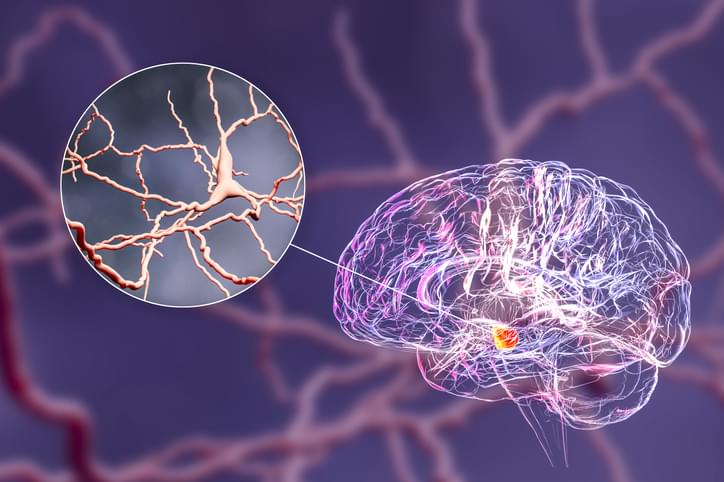Scientists from Centogene, a company focused on rare and neurodegenerative diseases, along with their collaborators at University College London and elsewhere have published a study that links the Acyl-CoA Binding Domain Containing 6 (ACBD6) gene to new forms of early-onset dystonia and parkinsonism. The study is published in Brain in a paper titled, “Bi-allelic ACBD6 variants lead to a neurodevelopmental syndrome with progressive and complex movement disorders.”
Using whole exome sequencing data from 45 patients—23 males and 22 females between the ages of 1 and 50 years old—the researchers identified several novel and ultra-rare bi-allelic predicted loss-of-function variants in ACBD6, which are linked to a unique neurodevelopmental syndrome. The condition is accompanied by complex and progressive cognitive and movement disorders such as dystonia in 94% of cases and parkinsonism in older patients or about 32% of cases.
To test the association between ACBD6 and the syndrome, the researchers used zebrafish and frog knockouts. According to tests described in the paper, they observed similar phenotypes to those of affected individuals such as movement disorders, seizures, and facial dysmorphology in the zebrafish models. Their observations of the effects in zebrafish suggest “a combination of muscle and neuronal degeneration leading to movement abnormalities” resulting from the loss of the gene. When they assessed the effects of inactivating the gene in frogs, they observed reported failures in cell movement during gastrulation as a result of the gene’s loss.
